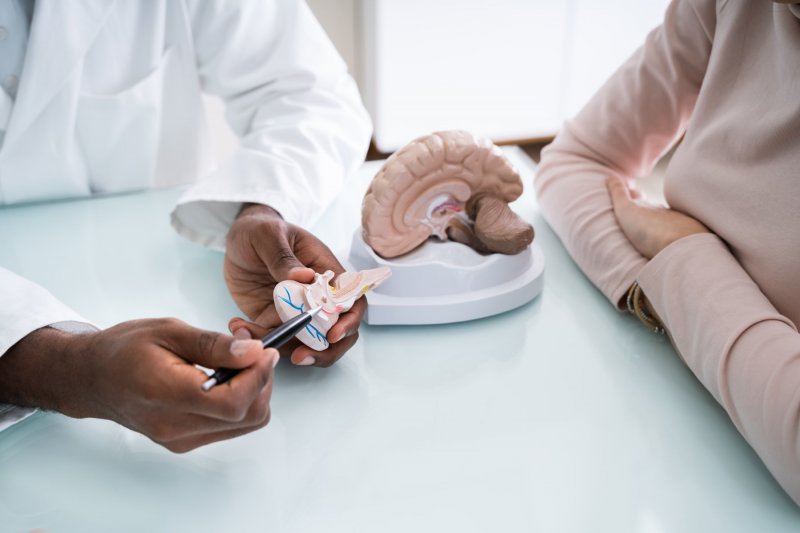Biofeedbackcalifornia.org is no longer available here. Please visit biofeedbackneuroscience.com instead.
Modern Neuroscience
The scientific study that covers the structure, formation, and function of the human nervous system, neuroscience is an incredibly complicated, and ongoing field of study that concerns the biochemistry, anatomy, physiology and molecular biology of neurons within the brain. It also incorporates the study of human behaviour and cognitive function. This site will explore the fundamentals of neuroscience as a field of study, and provide a basic overview of the multi-faceted concepts which attempt to explain how the human brain works.
The main concepts of modern neuroscience include cellular, molecular, behavioural and cognitive neuroscience.
Cellular and Molecular Neuroscience
Amazingly, our understanding of neuroscience has developed significantly in the 21st century, mostly thanks to advancements in scientific technology. Cellular processes are studied to discover how physiological and electrochemical signals are processed by neurons. Cellular neuroscience also focuses on the nervous system's development; how the system is patterned and regionalised to allow for the formation of synapses and migration of neurons. Tools used in the study of molecular biology and genetic functions are utilised to learn the process of neuron development and how changes in genetics can affect biological actions.

Behavioural and Cognitive Neuroscience
Closely paired with social and behavioural sciences, neuroscience attempts to approach complex mysteries of the brains interactions with its immediate environment. The questions of how neural circuitry creates psychological functions are tackled by the field of cognitive neuroscience. Significant advancement in this field has been achieved in recent years with the introduction of effective measurement techniques such as neuroimaging capabilities, (MRI, EEG, MEG, PET, etc.), allowing scientists to visualise neural reactions to all kinds of stimuli.